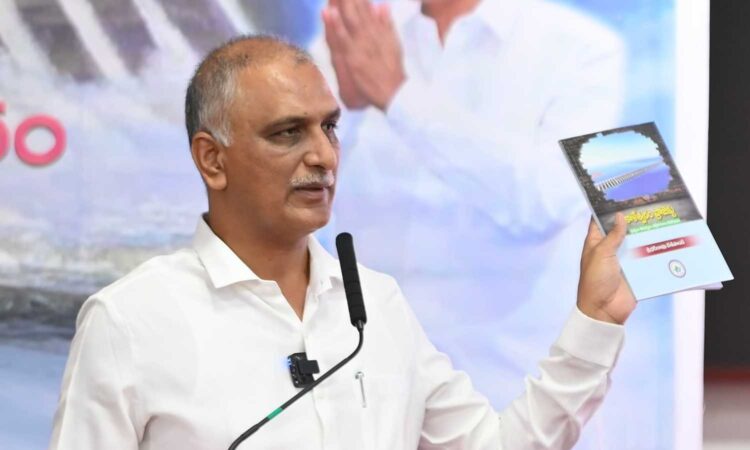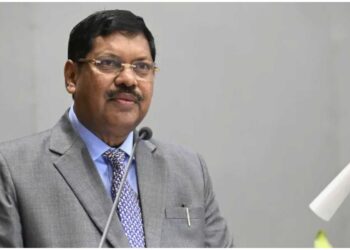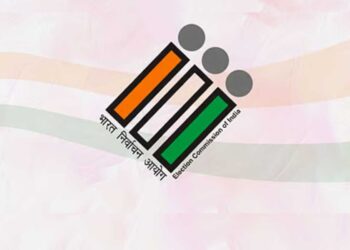Hyderabad: Former Irrigation Minister T. Harish Rao is set to appear before the Kaleshwaram Commission on Monday, in a much-anticipated testimony that could shed light on key decisions taken during the construction of the controversial project. The commission’s inquiry, led by Justice Pinaki Chandra Ghose, will take place at the BRKR Bhavan in Hyderabad.
Harish Rao, who played a pivotal role in overseeing the irrigation portfolio during the project’s planning and execution, is expected to face tough questions about why the Medigadda, Annaram, and Sundilla barrages were built at their respective locations – and who exactly decided on those sites. Sources say the commission is keen to understand whether the decisions were backed by cabinet approvals or made independently, and whether the necessary expert committee endorsements were obtained.
This testimony marks Harish Rao’s first appearance before the commission, making him the 114th individual to be examined in the high-profile inquiry. Speculation is rife about whether Rao will stand by the official line that all decisions were taken with cabinet consent – or if he will suggest that the entire process was guided by orders from then-Chief Minister K. Chandrashekar Rao.
Adding a layer of political intrigue, party insiders revealed that Harish Rao is expected to arrive at the commission’s office with a sizeable convoy of supporters, a move that underlines the political significance of the hearing. The Kaleshwaram project, once celebrated as Telangana’s showcase irrigation venture, is now in the eye of a storm, with allegations of irregularities and questionable engineering choices threatening to unravel its legacy.
Earlier, former minister Eatala Rajender gave his statement before the commission investigating the project. Now, Chief Minister K. Chandrashekar Rao himself has been summoned to appear on the 11th of this month – turning up the heat on the state’s leadership.
Monday’s hearing with Harish Rao is expected to delve into the critical decisions that shaped the project – decisions that could have significant political consequences and cast a long shadow over the state’s irrigation plans.










